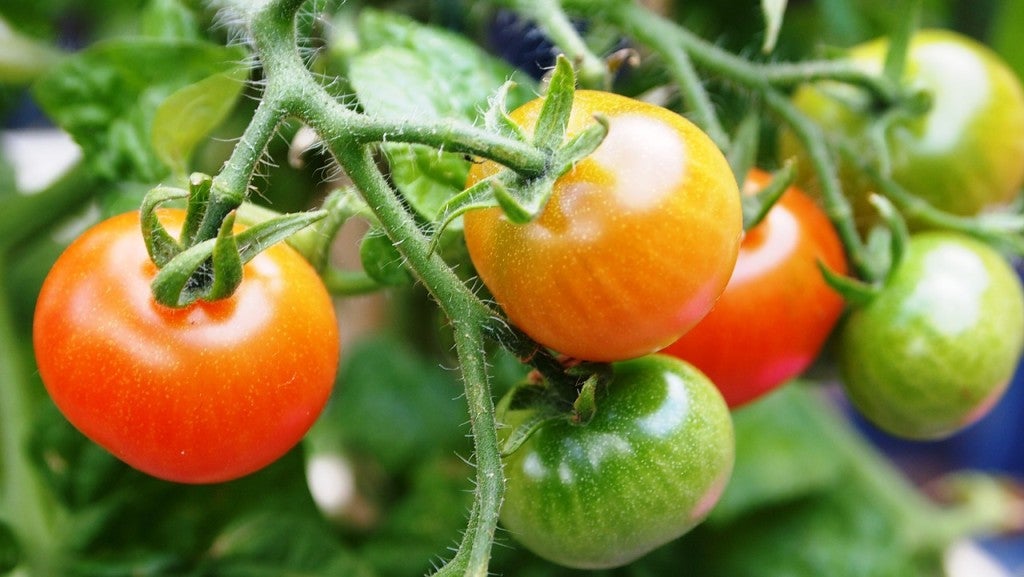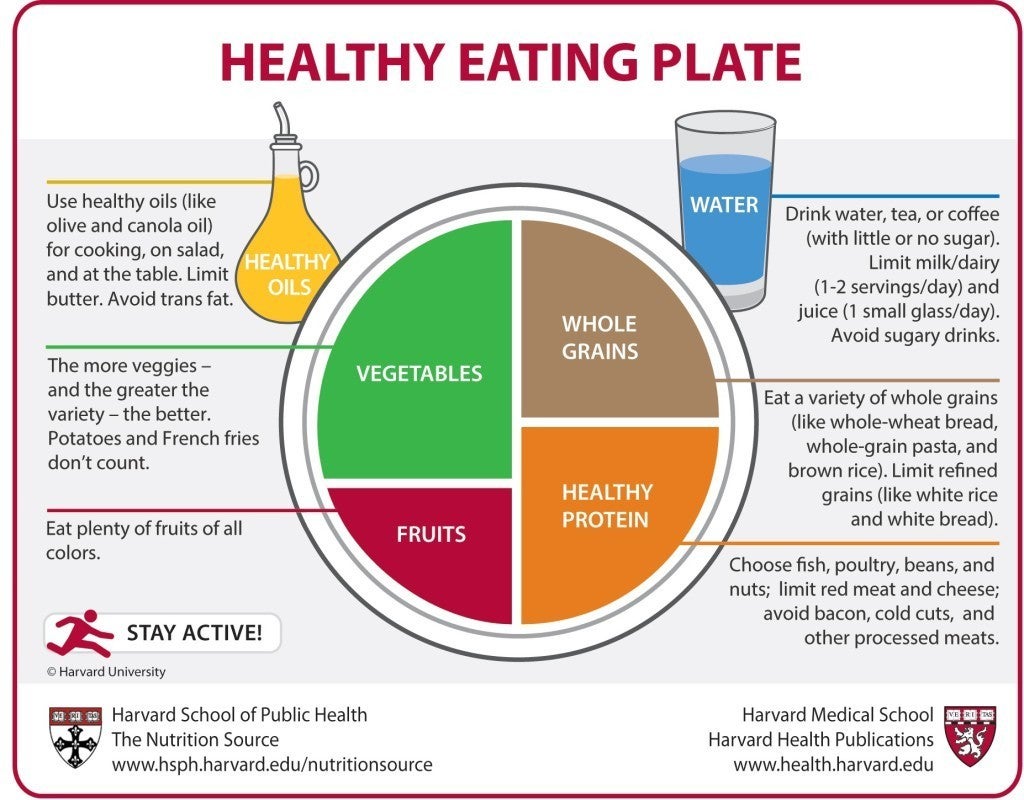In Part 1 of our interview with Dr. Gary Adamkiewicz,
Assistant  Professor of Environmental Health and Exposure Disparities in the Department of Environmental Health at Harvard T.H. Chan School of Public Health, he answers the question “What exactly does “sustainability” mean? In Part 2 he offers further insights on the relationship between food, the environment, and our health.
Professor of Environmental Health and Exposure Disparities in the Department of Environmental Health at Harvard T.H. Chan School of Public Health, he answers the question “What exactly does “sustainability” mean? In Part 2 he offers further insights on the relationship between food, the environment, and our health.
Are there any misconceptions about food & sustainability issues that you want to clear up? For example, you’ve previously written about how eating local isn’t always a climate-friendly option. Are there any “myths” you hear repeated often, or are there certain issues you feel are being overlooked?
There has definitely been an over-emphasis on certain individual ‘sustainable’ attributes being the answer to all of our problems. ‘Locally grown’ should not be your primary climate-saving strategy without consideration of your overall diet and sourcing. The details matter – a locally-grown tomato can have a large carbon footprint if it’s grown off-season in a heated greenhouse. Similarly, organic agriculture can provide environmental benefits by reducing on-farm pesticide usage and improving the health of soil; it can also reduce pesticide residues on consumed vegetables and fruit. It does not, however, necessarily improve the nutrient density of the food – these methods were not developed as an answer to the nutrient question.
over-emphasis on certain individual ‘sustainable’ attributes being the answer to all of our problems. ‘Locally grown’ should not be your primary climate-saving strategy without consideration of your overall diet and sourcing. The details matter – a locally-grown tomato can have a large carbon footprint if it’s grown off-season in a heated greenhouse. Similarly, organic agriculture can provide environmental benefits by reducing on-farm pesticide usage and improving the health of soil; it can also reduce pesticide residues on consumed vegetables and fruit. It does not, however, necessarily improve the nutrient density of the food – these methods were not developed as an answer to the nutrient question.
There are lots of examples where we need to focus more attention. The ethics of food production, from animal welfare to workers’ rights, health and compensation, is sometimes omitted from sustainability discussions. The stresses that agriculture puts on water availability and quality are also becoming more significant worldwide.
Is it more expensive to eat healthy, sustainable foods?
It doesn’t have to be. Of course, foods that tout attributes such as locally grown, organic, GMO-free, and fairly traded can be expensive, but many sustainable choices are accessible and affordable. Fresh vegetables can be very affordable and can also be part of a plan to make a healthy and sustainable dinner. The market is moving in the right direction – the cost premiums for some ‘sustainable’ attributes (e.g., organic) have been falling in recent years. Even though it takes more effort to cook unprocessed foods, a move to home-cooked meals can reduce your grocery bill and be more nutritious.
Do you have any strategies for consumers looking to create more sustainable meals? What are some basic first steps we can take?
I’d suggest a few places to start:
• Look for opportunities to educate yourself about the environmental impacts of our food system.
You can start by using one of the increasing number of consumer-friendly tools and apps. For example, the EWG produces an annual Shopper’s Guide to Pesticides in Produce, as a guide and app. The fruits and vegetables tested with the highest and lowest levels end up on their Dirty Dozen and Clean Fifteen lists, respectively. The Dirty Dozen list can be used as a guide for where the benefits of buying organic are more likely to be worth any extra cost.
• Reduce the proportion of your calories derived from animal protein. You don’t need to go vegan to make a difference here. Reduce portion sizes or expand Meatless Mondays to a few more days of your week.
• Educate yourself about seasonality of produce.
Even locally-grown produce can have a significant energy cost and carbon footprint if growers are using heated greenhouses or cold storage to extend the natural growing season. Buy local and in-season when you can.
• Learn more about the sustainability of seafood. In recent decades, seafood consumption and overfishing have depleted many species in fisheries worldwide. Again – an opportunity to learn more and make better decisions. Consult the seafood guides available from National Geographic, the Monterey Aquarium and the Natural Resources Defense Council (NRDC), which cover both environmental and health issues.
• Reduce your consumption of processed foods. In general, this is a move toward a healthier diet with a smaller footprint. Again, even small steps toward whole-food, plant-based meals can help.
• Find trusted, evidence-based sources for dietary advice.
HSPH’s N utrition Source is a good example of advice that is current and based on the weight of scientific evidence.
utrition Source is a good example of advice that is current and based on the weight of scientific evidence.
Can you tell us, in a nutshell, why what we eat matters?
All large industries have the potential to become unsustainable. Our food system is among the largest global industries, employing more than 1 billion people, and it directly affects the land, water, and soil upon which all living things depend. For many of us fortunate enough to have choices in our daily consumption, we can choose options that benefit our health and reduce our collective environmental footprint. There’s no doubt – alongside better public policy and better practices, we will need to shift our consumption in order to mitigate these effects in coming years. This process starts by asking “What’s for dinner?“
← Read Part 1 of the interview